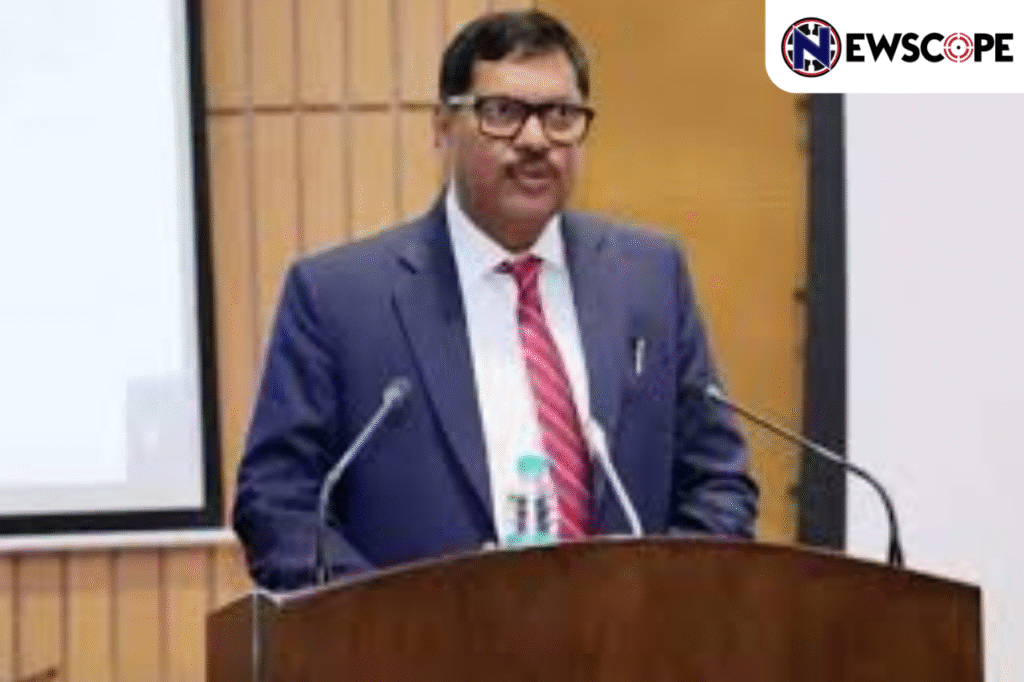Justice Sanjiv Khanna has chosen Justice Bhushan Ramkrishna Gavai as his successor for the role of the 52nd Chief Justice of India (CJI). Justice Gavai is the second dalit to hold the position after Justice K.G. Balakrishnan. Justice Gavai’s father Ramakrishna Suryabhan Gavai, endearingly called ‘Dadasaheb’ was a prominent Dalit leader and former governor of Bihar.
Born in Amravati, Maharashtra, in 1960, Justice Gavai began practicing law in 1985, primarily at the Nagpur Bench of the Bombay High Court. He served as Government Pleader and Prosecutor before being appointed as a judge of the Bombay High Court in 2003. In 2019, he was raised to the Supreme Court, where he has served with distinction.
Justice Gavai has cautioned judges against publicly praising politicians and bureaucrats, arguing that such conduct diminishes public trust in the judiciary. He has also expressed concern about judges resigning to join politics, warning that such moves could compromise perceptions of impartiality.
He has criticized instances of High Court judges lobbying for elevation and flouting court schedules, calling these practices “disturbing” and a threat to judicial integrity. He strongly advocates for a judiciary where lawyers and judges are treated as “co-equal partners” in delivering justice.
Though Justice Gavai’s tenure as Chief Justice will be brief due to his scheduled retirement in 6 months, his impact is undeniable. He was part of the Constitution Bench that struck down the Electoral Bonds Scheme and upheld the constitutionality of the 2016 demonetization. He issued nationwide guidelines against illegal demolitions, supported the sub-categorization of Scheduled Castes for targeted benefits, and reinforced personal liberty in the Manish Sisodia bail case. Justice Gavai also led the Bench that ordered the release of Perarivalan in the Rajiv Gandhi assassination case.



